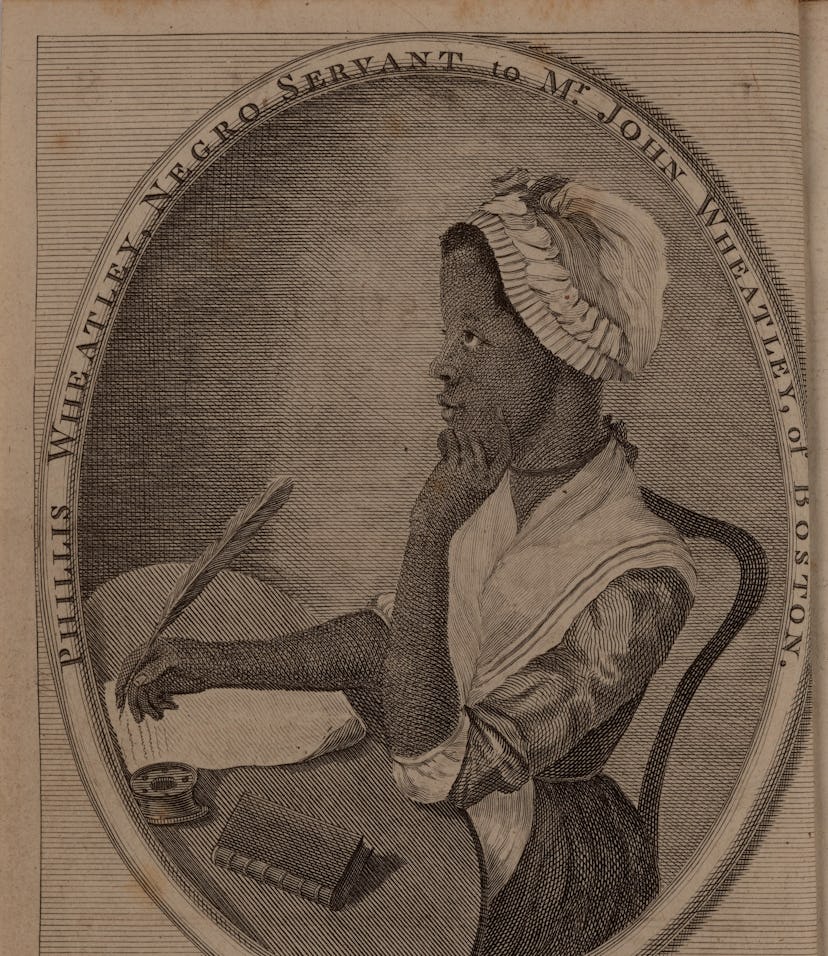Creative Computing
Google’s new AI poetry tool will help you tidy up your rhymes
The Verse by Verse tool combines classic poets' skills with artificial intelligence smarts.

Google continues to inch forward in its quest to make it even harder for the Poet Laureate to continue to ply their trade. On Monday, the company announced a new AI project called Verse by Verse. You can choose from three classic, American poets, and "co-create" poetry that draws from their respective styles using Google's AI.
The lines generated by the AI aren’t static — you’re free to change them to fit the stanza more eloquently or work in a slant rhyme. Poetry is easy. Good poetry is not. So why not brainstorm with an artificial intelligence version of a heavyweight like Robert Frost?
Writing workshop — Choosing from one to three classic poets as your muse, you can get a glimpse of their styles before you commit. There’s a decent mix of diversity despite the few options available. The next step allows you to choose from quatrain, couplet, or free verse poetry styles, as well as the length and rhyming scheme, if applicable.
Users get the ball rolling with the first line, and for each subsequent line, three options will generate from each poet. You can refresh these options if they completely fail the vibe check, but subtle errors can be corrected once chosen. You’re free to add more original lines, and once you’re finished, all you have to do is title it. The final poem can be saved by downloading the text or choosing from a stylized background to share it on social media, complete with credit to the muse(s).
The future of artistic AI — Google has tinkered with AI-generated poetry for a few years now, most recently through POEMPORTRAITS where user input was limited to a word and a selfie. Graduating from couplets, Verse by Verse is a triumph. Sometimes, there isn’t a rhyme to be found, but the interactive nature allows you to step in — and feel good about an algorithm not totally getting it right.
Google's focus on old-timey poetry is likely rooted in the selected authors' works being in the public domain. Others have crafted AI models to create passable song lyrics, but hip-hop and rap — the most contemporary poetry remain— untouched by algorithms. Maybe researchers aren’t comfortable feeding explicit verses into their systems or even more likely, a potential legal nightmare for such a public company. Or perhaps, living authors and lyricists wouldn’t take kindly to what could be viewed as plagiarism.
With work from modern poets like Warsan Shire taking a more minimalistic approach, verging on simplistic with the likes of Rupi Kaur, it would arguably be easier to create something readable using GPT-3. Considering allegations of theft Nayyirah Waheed against Kaur and how the blurring lines of Instagram poetry offered little retribution, machine-made poetry might be a step too far for today's artists. At least for now.